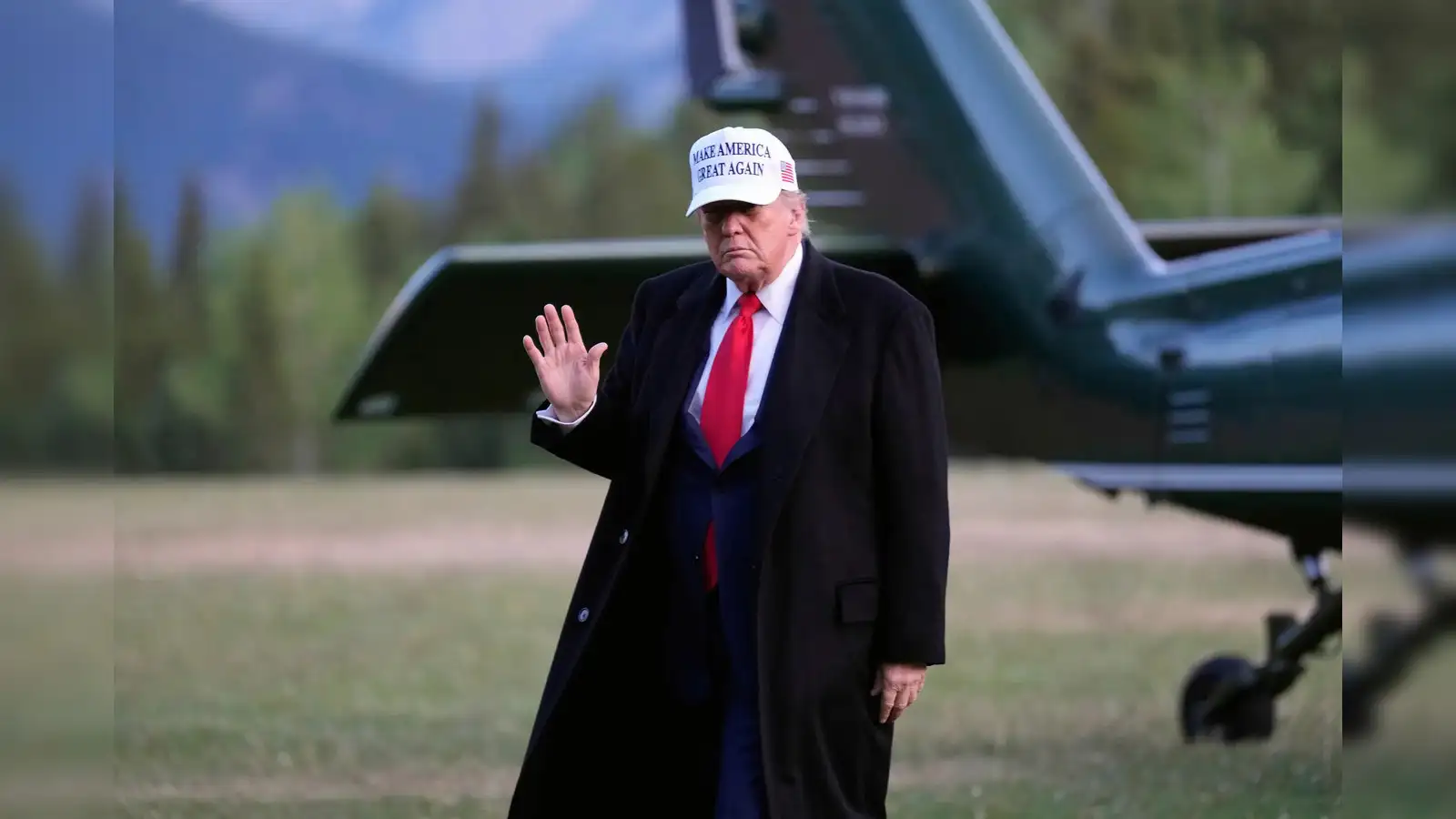Former U.S. President Donald Trump has reignited a familiar debate by claiming that the European Union is not offering the United States a “fair deal” on trade. In recent comments made during a campaign-style appearance, Trump criticized what he described as the EU’s “rigged” and “one-sided” trade practices, echoing themes from his first term in office.
Trump’s Criticism of EU Trade Practices
Trump’s main argument centers around what he views as imbalanced tariffs and restrictive regulations that make it harder for American goods to compete in European markets. According to Trump, while European products face relatively few barriers entering the U.S., American businesses face a wall of red tape and taxes when trying to sell in the EU.
“Europe treats us worse than China,” Trump claimed, citing agricultural exports and automobile tariffs as examples. Though he did not provide specific policy proposals, his message was clear: if reelected, he intends to get “tough” with the EU on trade.
The Trade Relationship in Numbers
The United States and the European Union are each other’s largest trading partners. In 2023, U.S. exports to the EU totaled over $350 billion, while imports from the EU exceeded $500 billion. While the EU imposes higher tariffs on certain U.S. goods, the overall average tariffs between the two blocs are relatively close.
Still, Trump’s position taps into long-standing frustrations from American manufacturers and farmers who argue that European standards—particularly around food and safety—are designed more to exclude U.S. products than to protect consumers.
EU’s Response and Broader Implications
EU officials have not responded directly to Trump’s latest remarks, but the bloc has consistently defended its trade policies as fair and compliant with World Trade Organization rules. European leaders have also pointed out that previous trade tensions under Trump led to instability in global markets and harmed both sides.
If Trump returns to office and follows through on a more aggressive trade stance, it could trigger new tariffs and further strain the already complicated U.S.-EU relationship. That tension could affect industries ranging from aerospace to agriculture.
Looking Ahead
Trump’s comments signal a return to his more confrontational trade rhetoric. While it’s unclear whether this will translate into policy, the message to both American voters and European negotiators is unmistakable: Trump believes the EU isn’t offering a fair deal on trade, and he’s ready to change that—again.
As election season heats up, expect trade policy with the EU to become a louder part of the conversation.


